15 Actors Who Served in the Military Before They Were Famous
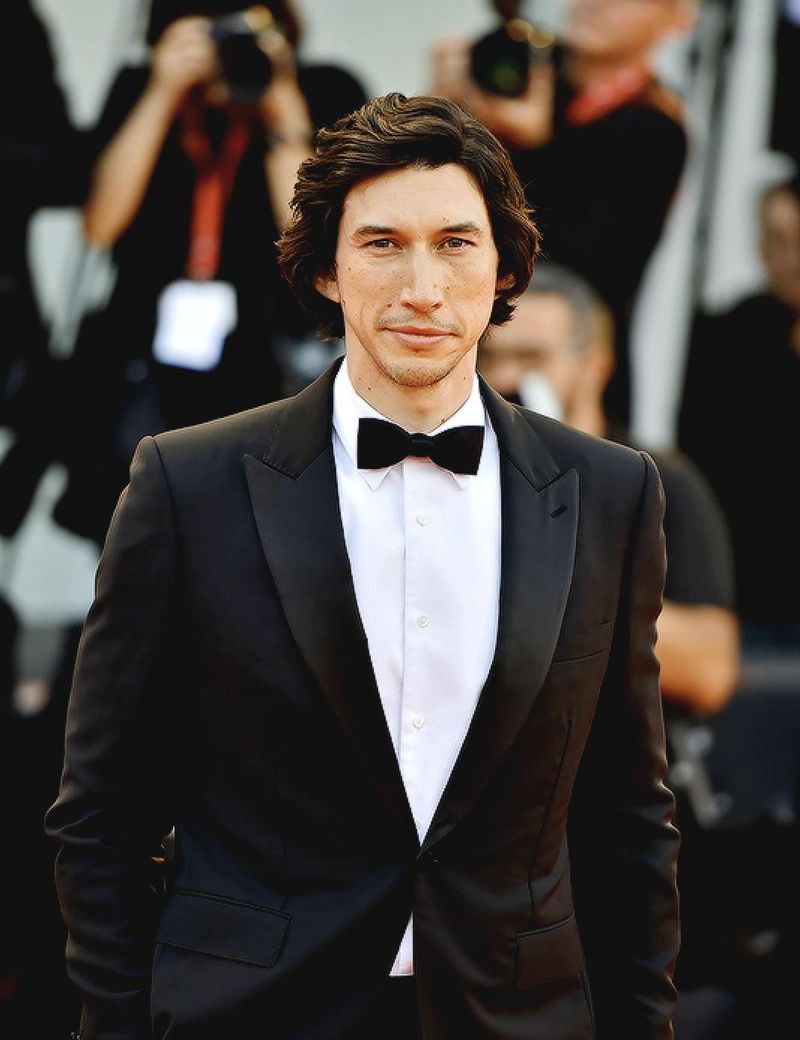
Before walking red carpets or delivering iconic performances, some of Hollywood’s biggest stars wore military uniforms. Whether it was by choice or conscription, these actors served their countries with dedication—often gaining life experience that shaped their careers and character.
1. Morgan Freeman
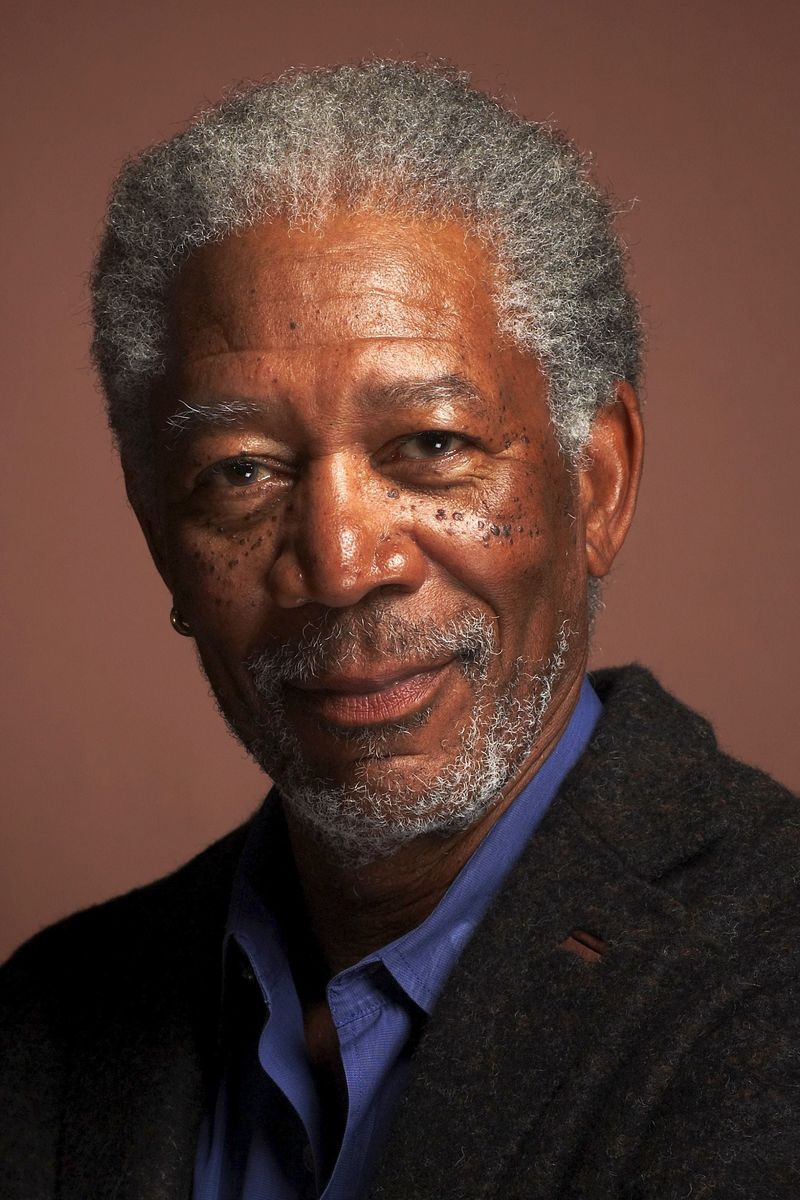
Joining the U.S. Air Force right after high school, Morgan Freeman originally dreamed of becoming a fighter pilot. But after four years working as a radar technician, he realized the cockpit wasn’t where he wanted to be.
The experience taught him structure and precision—traits that would later ground his commanding on-screen presence. After leaving the military, he pursued acting full-time and slowly built a career defined by gravitas and wisdom. While many know him as the voice of God or a brilliant detective, few realize that his first uniform was military issue.
2. Clint Eastwood
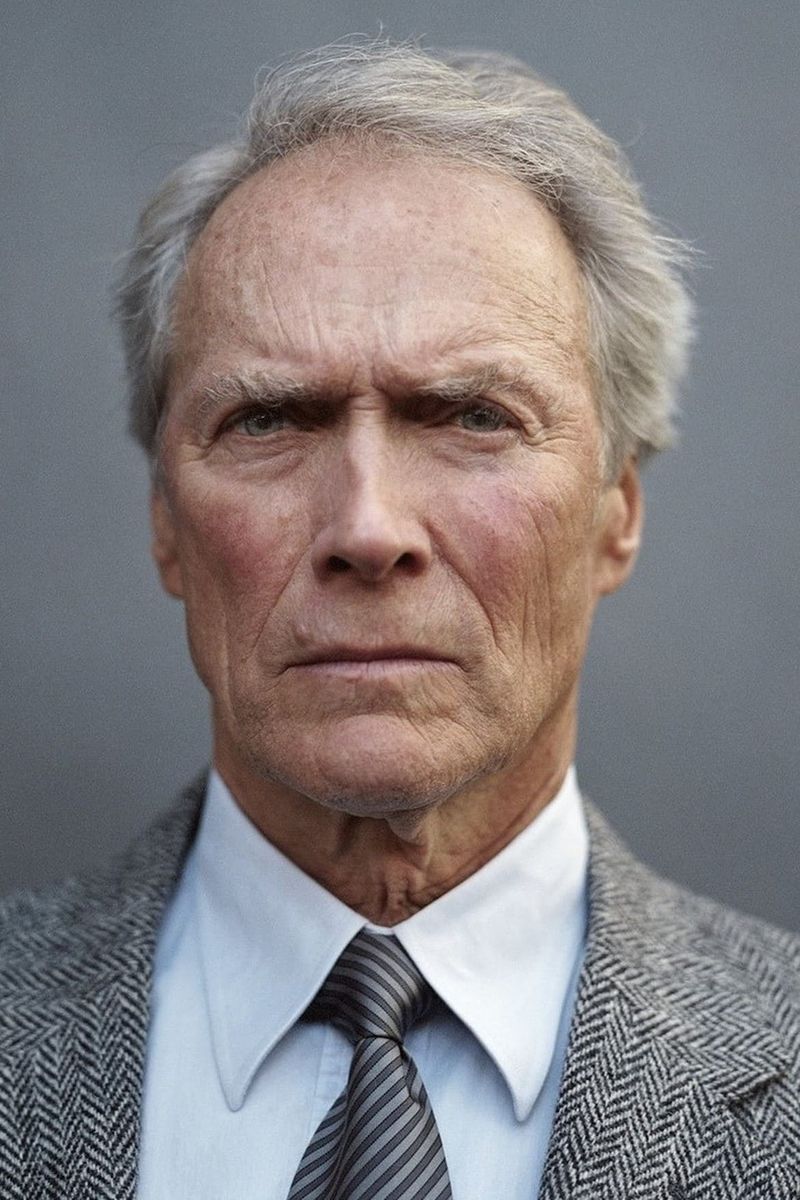
Long before becoming the face of American Westerns, Clint Eastwood was drafted into the U.S. Army during the Korean War. Assigned to Fort Ord in California, he worked as a swimming instructor and lifeguard.
During his service, Eastwood famously survived a plane crash after his military transport aircraft went down in the Pacific. He swam over a mile to safety. That grit and endurance translated directly to the tough, silent heroes he would later portray on screen. His military experience added authenticity to the roles that made him a legend.
3. James Earl Jones
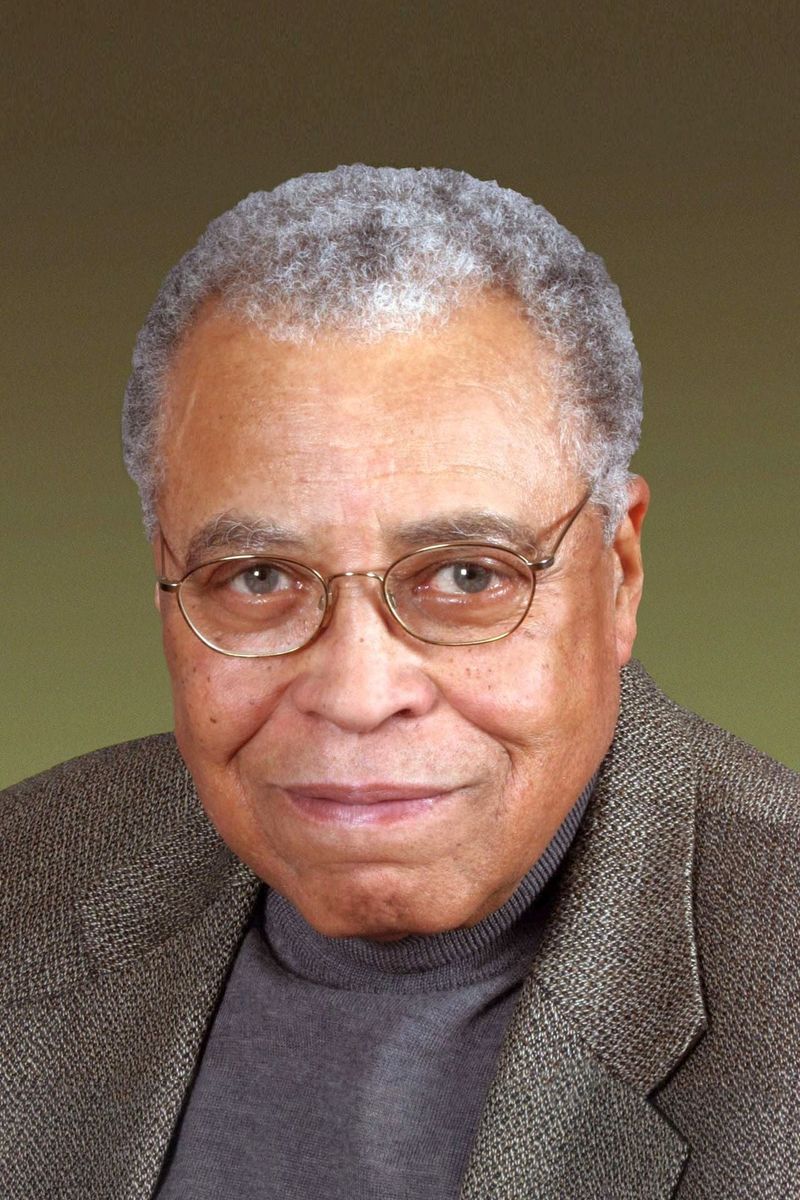
The man with the most recognizable voice in cinema once served as a U.S. Army officer during the Cold War. After attending the University of Michigan, James Earl Jones was commissioned and stationed at Fort Benning.
While he didn’t see combat, the structure of military life helped him manage a lifelong struggle with stuttering. His time in uniform built confidence and discipline, qualities that contributed to the power behind his deep, resonant voice. From Darth Vader to Mufasa, Jones brought command to every line—thanks in part to his service.
4. Adam Driver
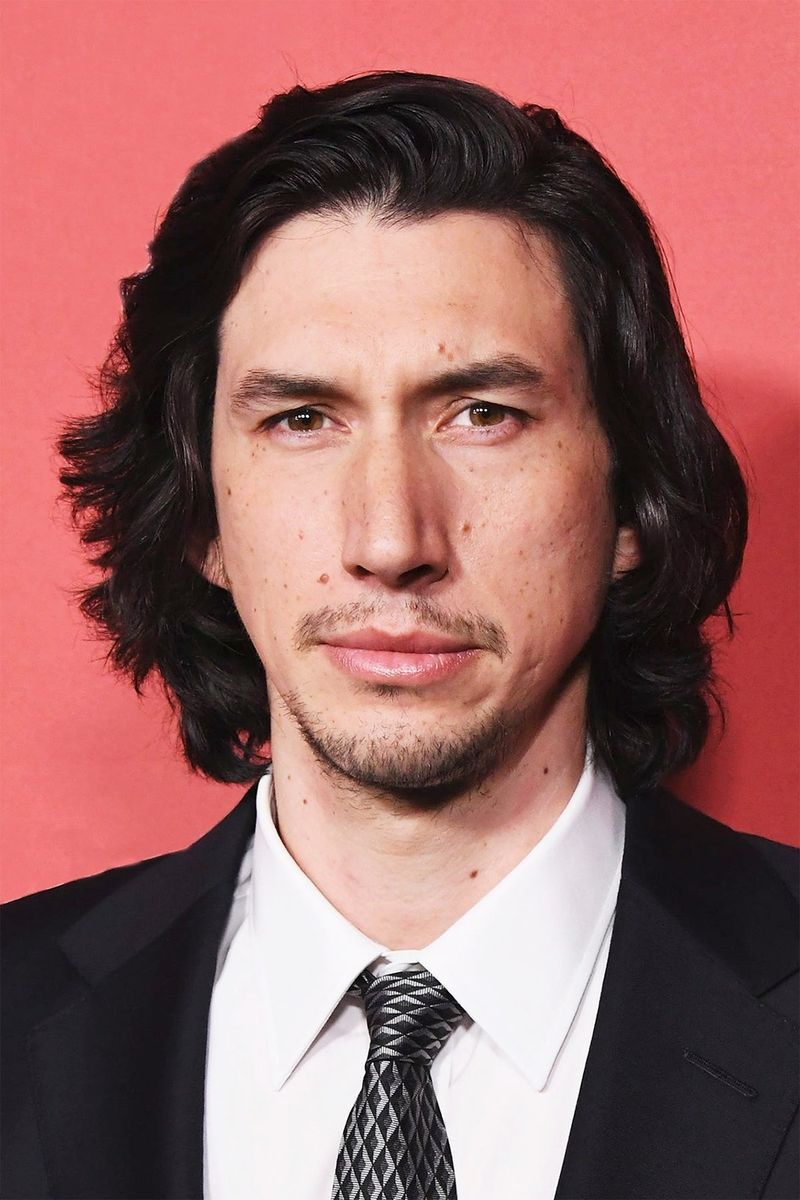
A rebellious teenager turned disciplined Marine, Adam Driver enlisted in the U.S. Marine Corps after 9/11. He served nearly three years and was preparing for deployment to Iraq when a mountain biking accident led to a medical discharge.
The sudden end of his military career was devastating, but it also pushed him to pursue acting seriously. His time in the Marines gave him emotional depth and a sense of purpose—traits evident in his performances in Girls and Marriage Story. Driver credits the Corps with helping him find focus and meaning in civilian life.
5. Ice-T
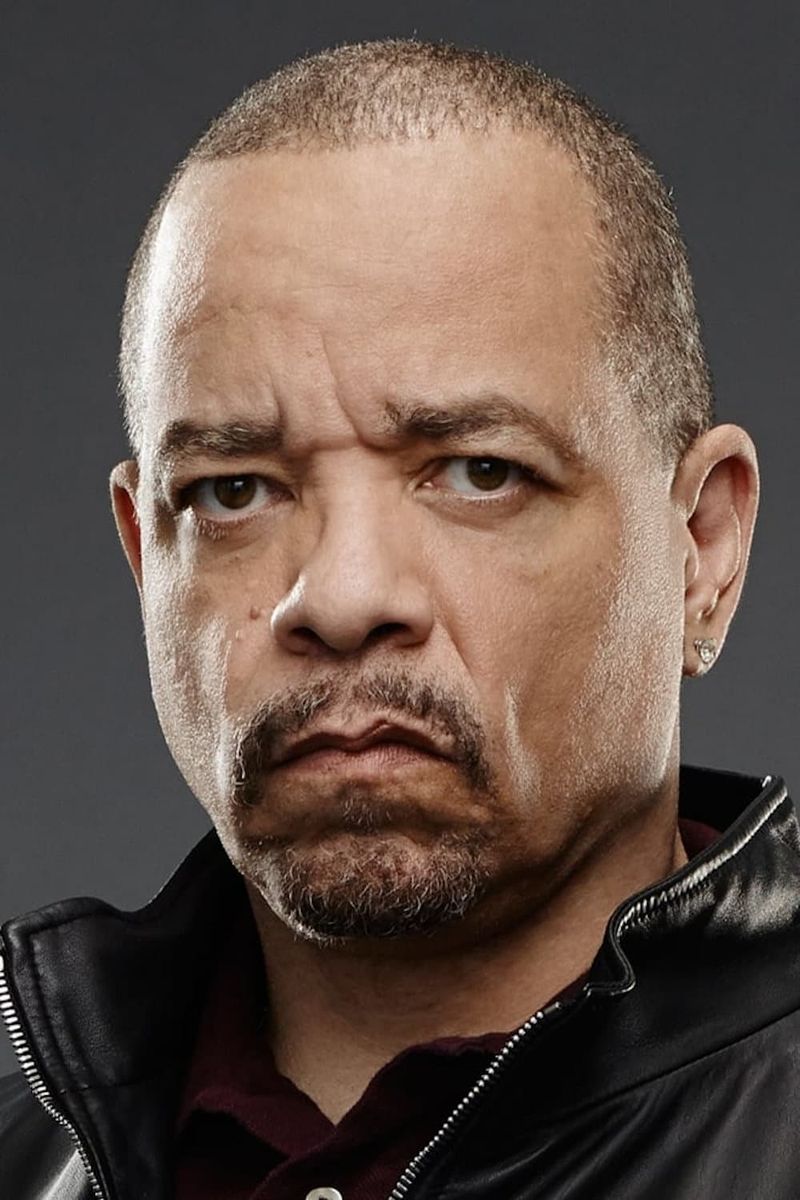
Before becoming a rapper and actor, Ice-T spent four years in the U.S. Army. He joined out of financial necessity and served with the 25th Infantry Division, stationed in Hawaii.
During his service, he discovered his love for storytelling through music and performance. He used his military pay to buy equipment and launch his rap career. Eventually, this led to roles in film and television, most notably Law & Order: SVU. His rough upbringing and time in the military gave him a unique authenticity that resonates with fans.
6. Chuck Norris
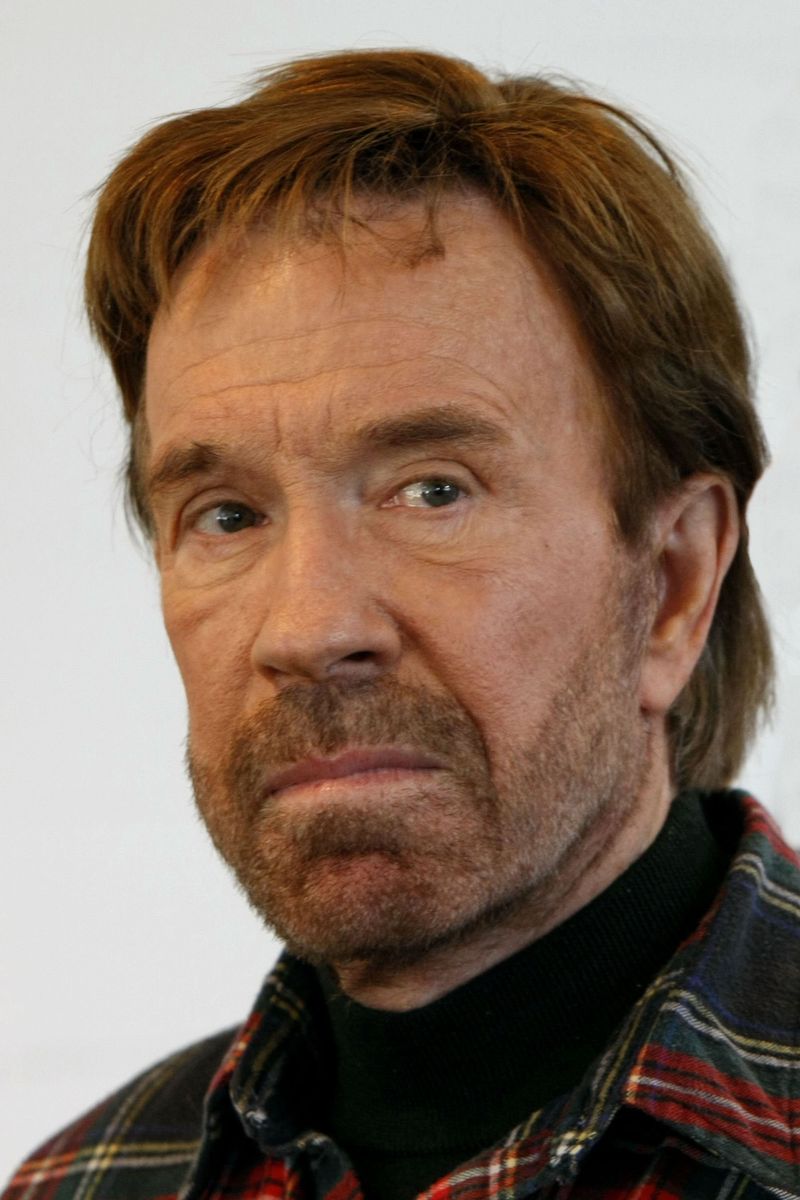
The martial arts legend began his journey as an Air Policeman in the U.S. Air Force. Chuck Norris was stationed in South Korea, where he first encountered martial arts and began training in Tang Soo Do.
This discovery would define his life. After his discharge, Norris pursued martial arts professionally, eventually becoming a champion and later an action star. His time in the military didn’t just shape his discipline—it literally sparked the career path that would make him an icon of physical prowess and justice.
7. Bea Arthur
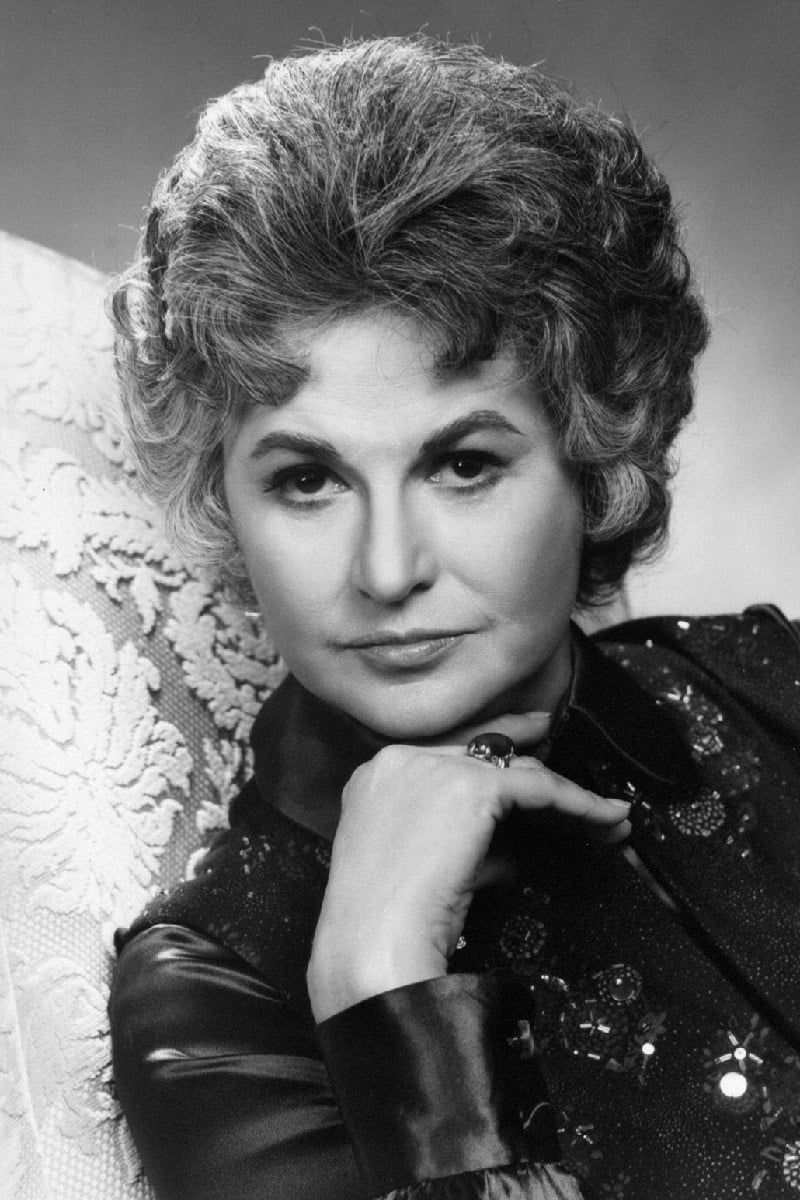
Years before Maude or Golden Girls, Bea Arthur served as one of the first female Marines in U.S. history. Enlisting in 1943 during World War II, she worked as a typist and truck driver.
Despite her later denial of service in interviews, military records confirm her honorable service and rank of Staff Sergeant. Arthur’s dry wit and commanding stage presence may have found their roots in the confidence she developed in a male-dominated environment. Her groundbreaking path through Hollywood began with a groundbreaking role in the Marines.
8. Paul Newman
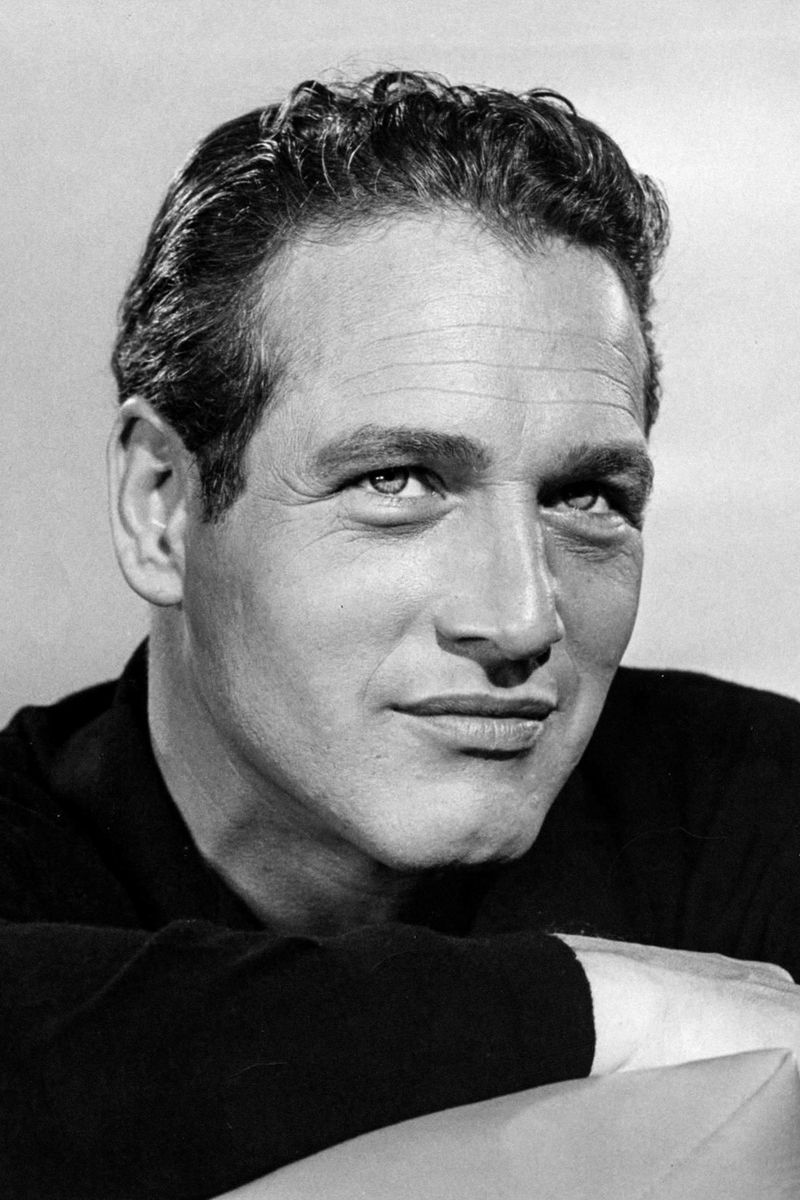
Hollywood’s classic leading man served in the U.S. Navy during World War II. Paul Newman originally trained to be a pilot but was disqualified due to color blindness.
Instead, he became a radio operator and gunner on torpedo bombers in the Pacific theater. His war experience gave him a grounded, world-weary edge that complemented his movie star looks. Newman would later draw on that emotional depth in iconic films like Cool Hand Luke and The Hustler, earning both critical acclaim and audience devotion.
9. Elvis Presley
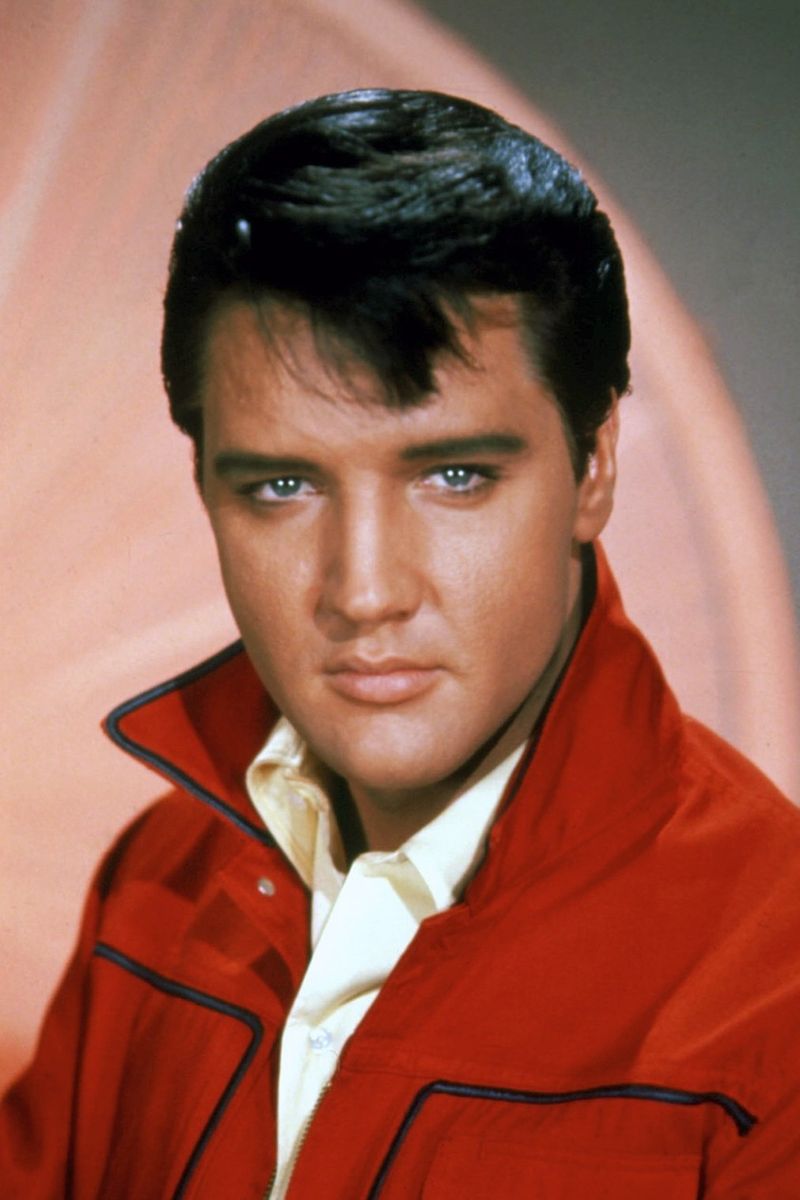
At the height of his fame, Elvis Presley put his career on hold to serve in the U.S. Army. Drafted in 1958, he completed basic training and was stationed in Germany for nearly two years.
Rather than accept special treatment, Presley insisted on serving as a regular soldier. The experience helped humanize him in the eyes of the public and introduced him to new influences—both personal and musical. His military service marked a turning point in his life, shaping the mature performer who returned home.
10. Steve McQueen
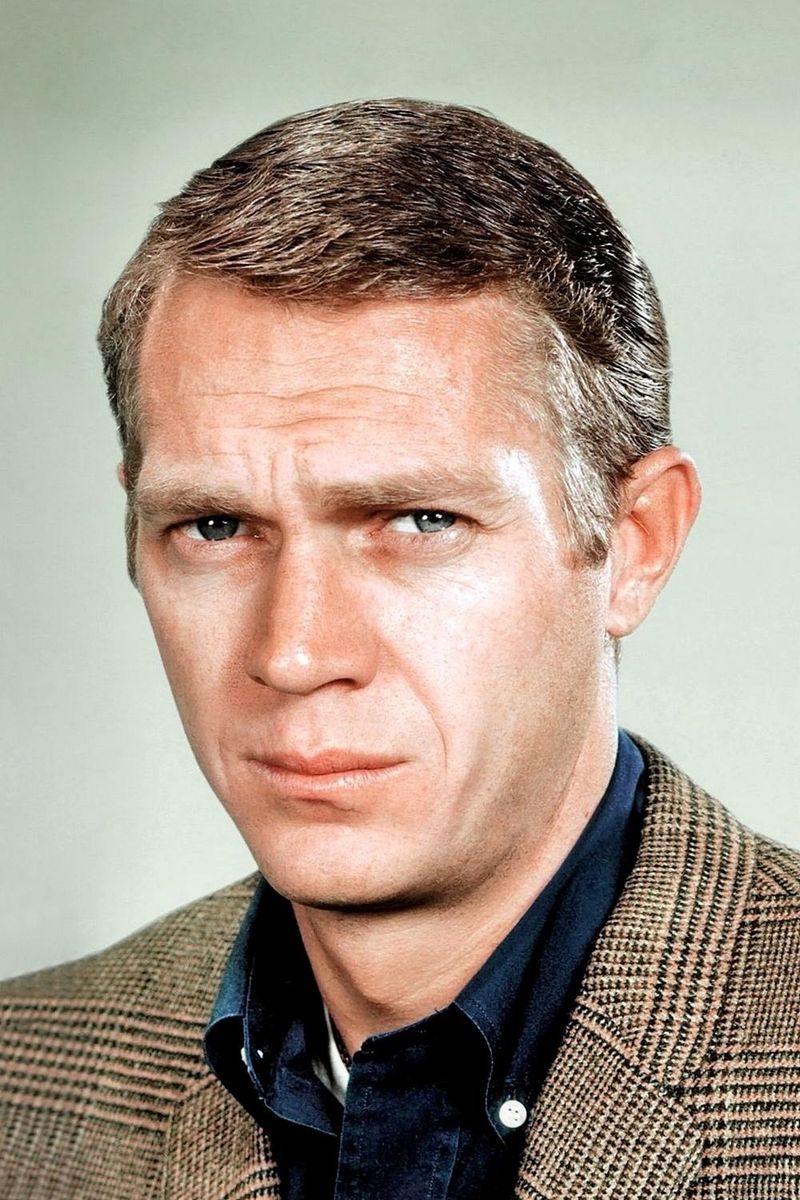
The “King of Cool” didn’t have the smoothest start in the Marines. Steve McQueen enlisted in the U.S. Marine Corps and was known for being rebellious, even spending time in the brig.
Over time, though, he shaped up and found pride in military life. He served honorably and even saved the lives of fellow Marines during an Arctic training exercise. That rugged edge and rebellious charisma became trademarks of his acting career, seen in classics like Bullitt and The Great Escape. McQueen credited the Marines with saving his life
11. Kirk Douglas
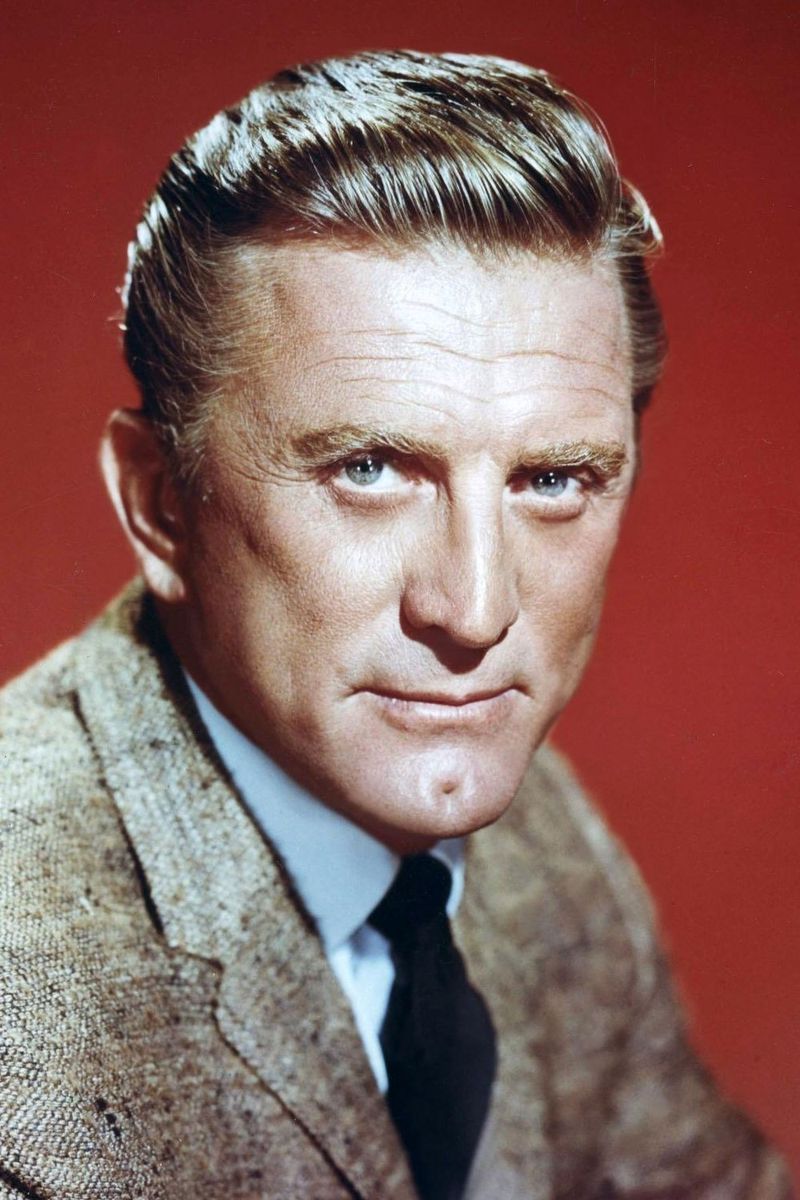
Best known for Spartacus, Kirk Douglas served in the U.S. Navy during World War II. He worked as a communications officer on anti-submarine patrols in the Pacific.
An injury from a depth charge explosion led to his medical discharge, but the experience left a deep impression. His characters often embodied strength and resilience—qualities Douglas knew firsthand. After the war, he pursued acting with a renewed sense of determination, rising to become one of Hollywood’s most commanding presences.
12. Gene Hackman
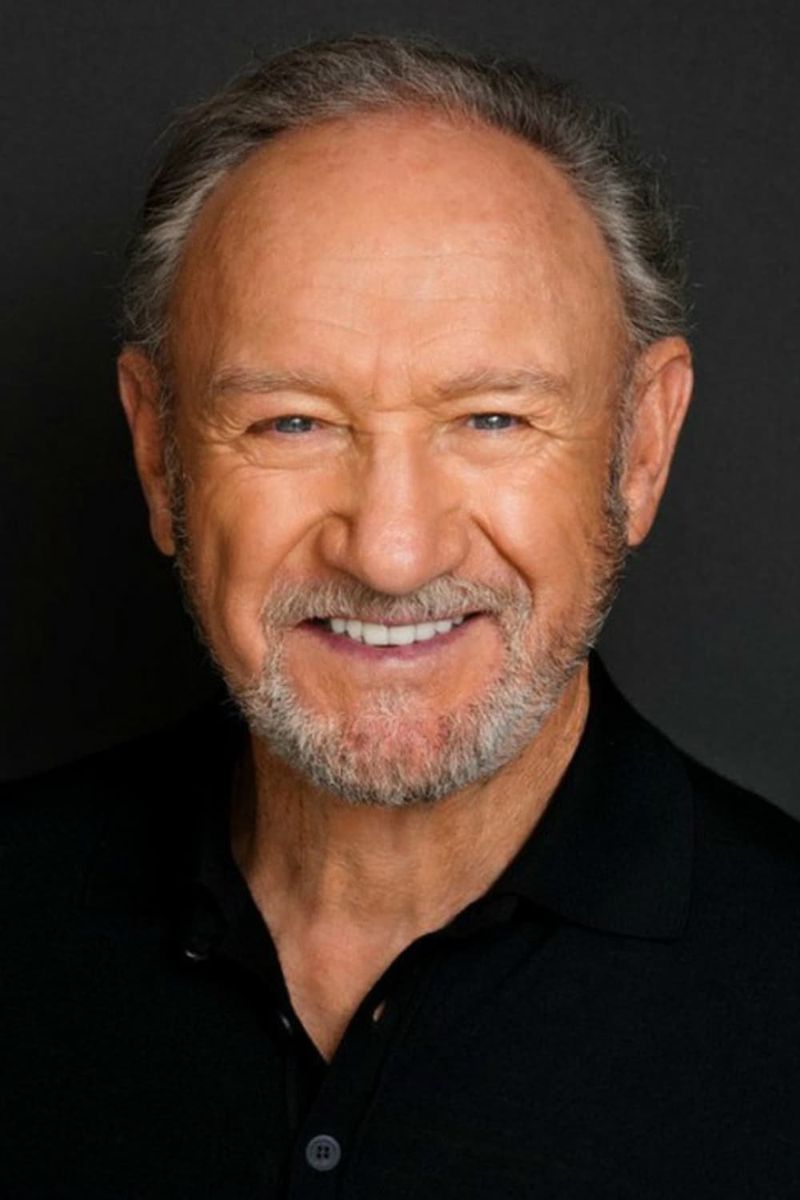
At just 16, Gene Hackman lied about his age to enlist in the U.S. Marine Corps. He served as a radio operator across China and the Pacific and developed a taste for independence and risk.
After his discharge, Hackman struggled in the early stages of his acting career but never gave up. That same tenacity, forged in the military, helped him power through to roles in The French Connection and Unforgiven. His grounded, no-nonsense style has made him a beloved and respected figure in Hollywood.
13. Mel Brooks
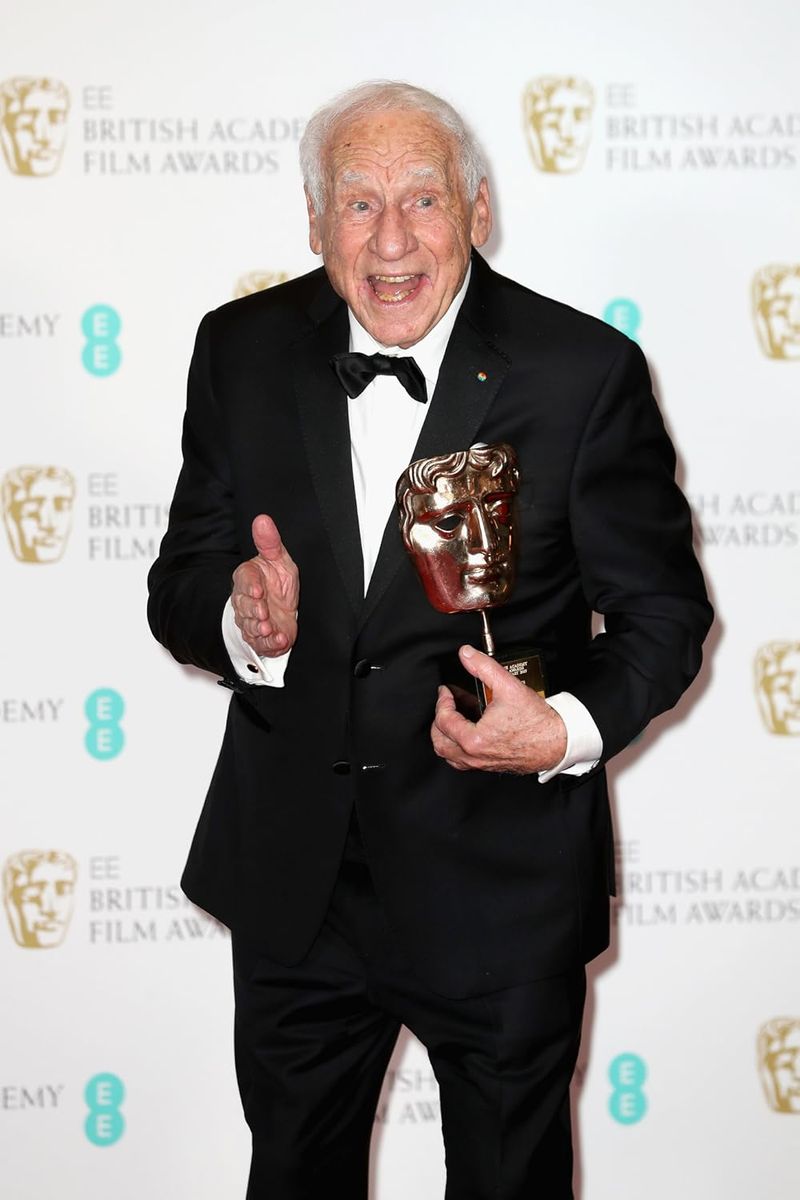
Before he made the world laugh, Mel Brooks was busy defusing landmines as a combat engineer in the U.S. Army during World War II. He fought in the Battle of the Bulge and served in Germany.
Rather than lose his humor, Brooks found ways to make his fellow soldiers laugh during dark times. His war experience gave him an edge in satirizing authoritarianism, most famously in The Producers. Behind the laughs was a man who had faced real-life danger—and knew exactly how to turn pain into punchlines.
14. Sidney Poitier
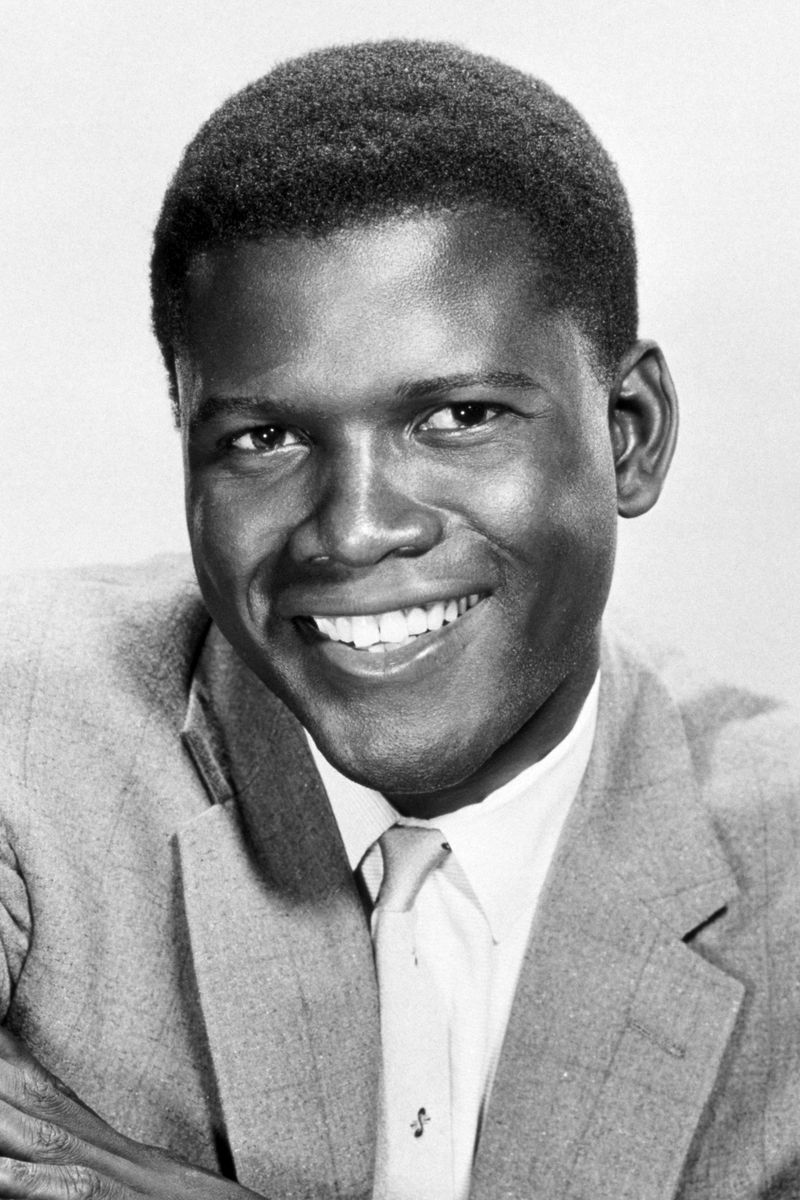
At age 16, Sidney Poitier lied about his age to join the U.S. Army. He worked as a medical attendant at a psychiatric hospital but quickly realized he wasn’t suited for the role.
After faking mental illness to secure a discharge, he shifted gears and joined the American Negro Theatre—marking the beginning of an illustrious career. His brief military stint may not have been glamorous, but it was pivotal. It helped Poitier find the clarity and drive to become a trailblazing actor and civil rights icon.
15. Jimi Hendrix
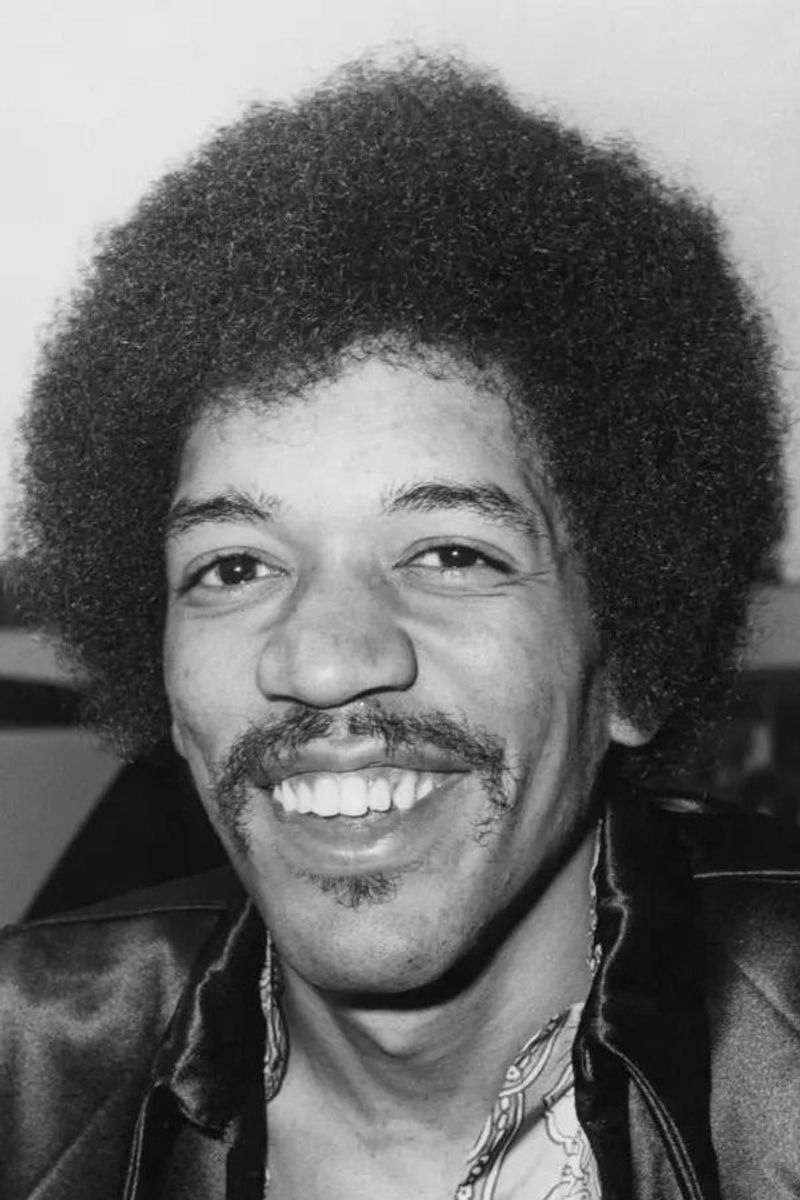
While best known as a rock legend, Jimi Hendrix also served in the military. He enlisted in the U.S. Army in 1961 and was assigned to the 101st Airborne Division as a paratrooper.
Hendrix was not a model soldier, often caught sleeping on duty or playing guitar when he should have been training. Eventually discharged for “unsuitability,” he turned his full attention to music. His time in the Army may have been short-lived, but it added another layer to the mythos of one of music’s most electrifying figures.

Comments
Loading…